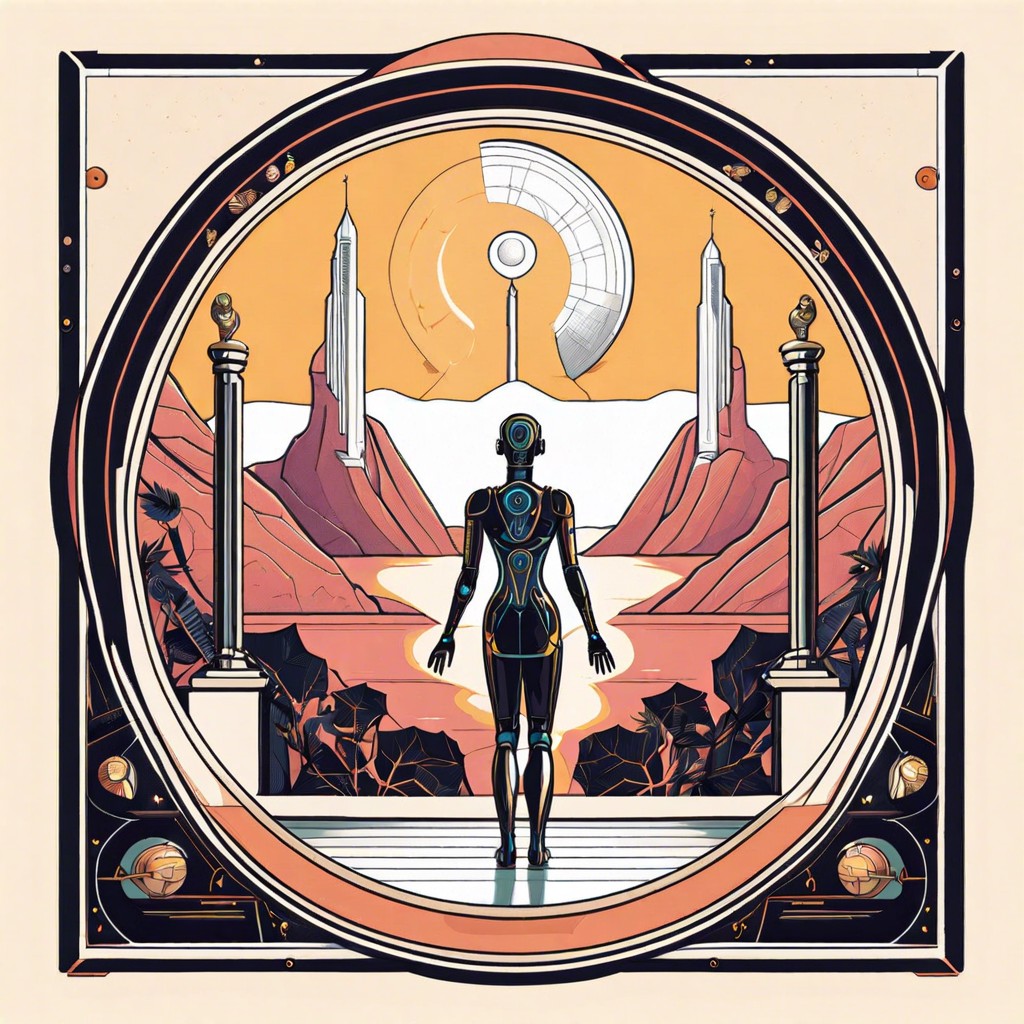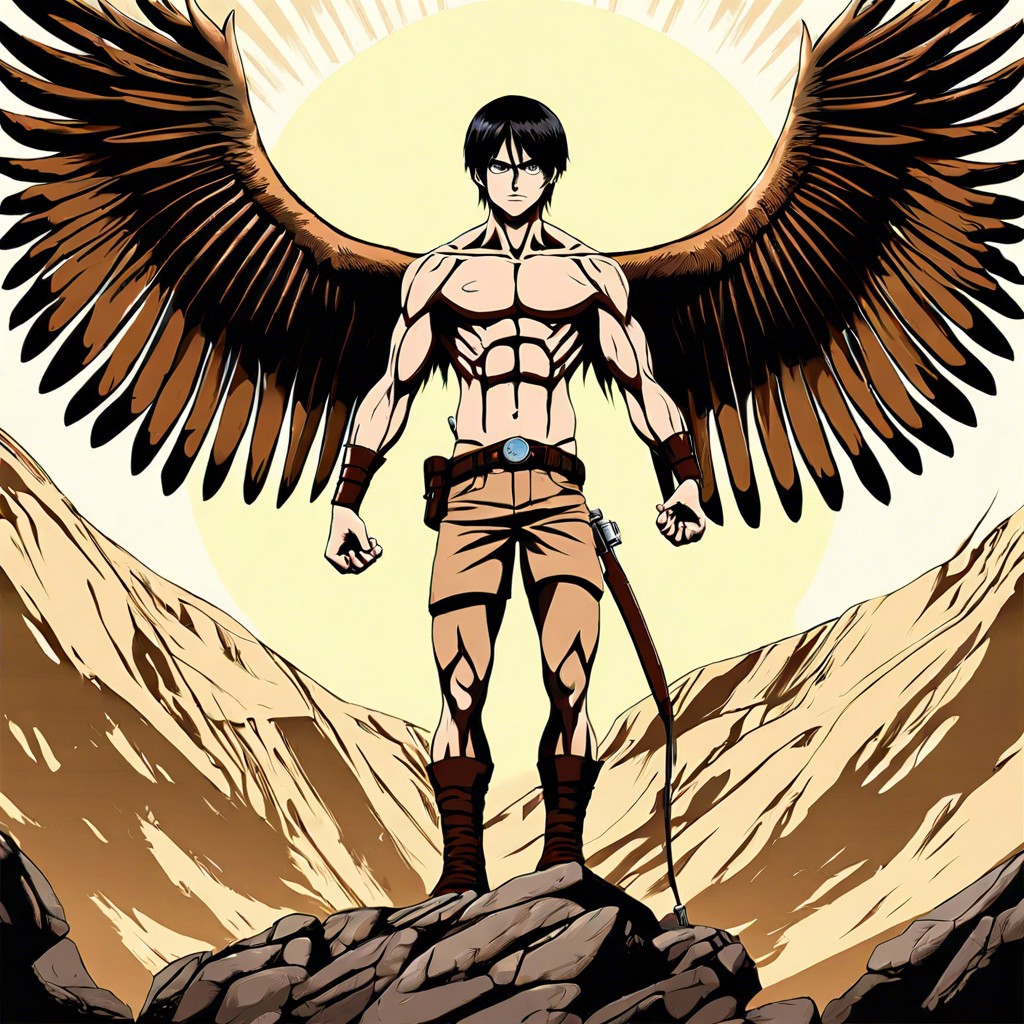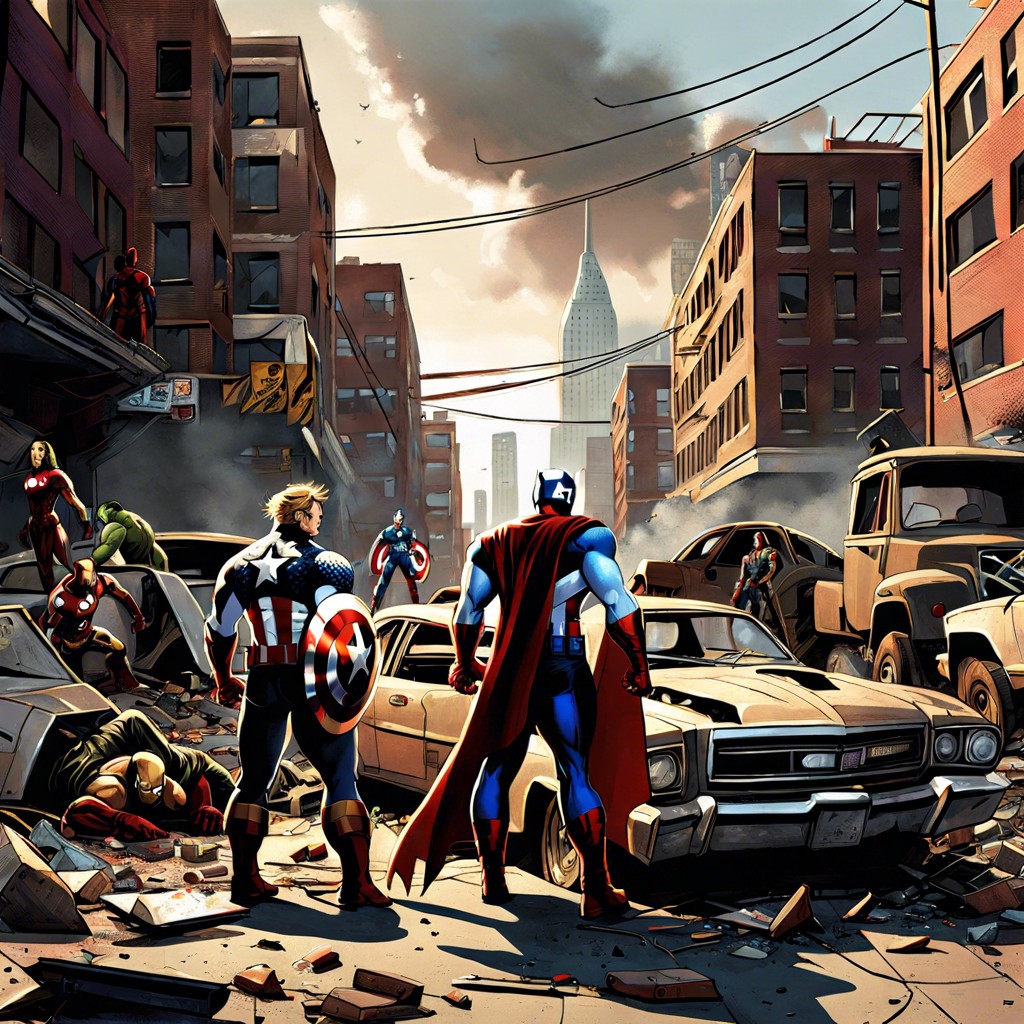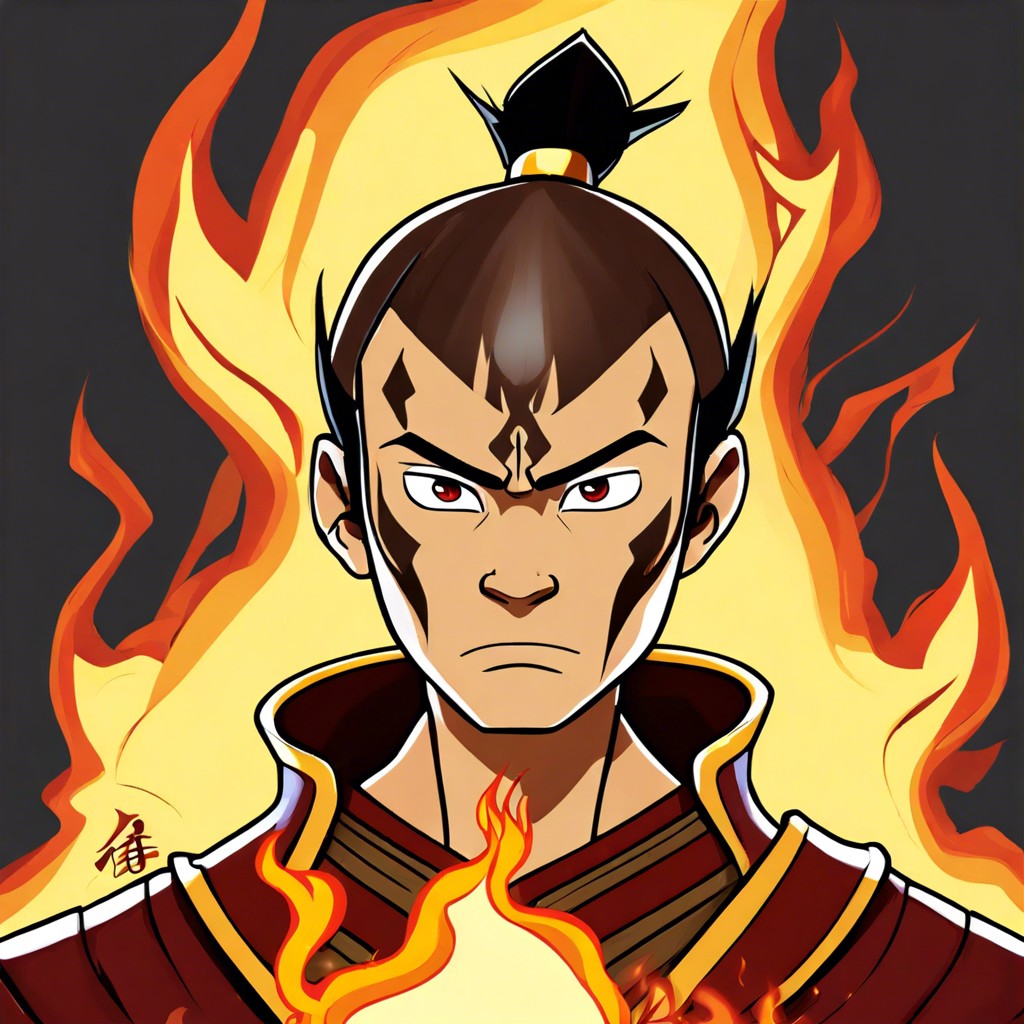Imagine a world where Eve never ate the apple: would humanity’s fate differ drastically or remain the same?
What if Eve had given that infamous serpent the cold shoulder and never touched that tantalizing apple? Imagine a world without original sin—paradise uninterrupted! Dive into the endless “what-ifs” of this Biblical twist, from a guilt-free human society to a theology without redemption. This alternate universe lacks rebellion, possibly making us all innocent yet blissfully unenlightened beings. Curious? Let’s peel back the layers of this forbidden fruit for a mind-bending exploration!
Key takeaways:
- Life without original sin: no toil, jealousy, or disease.
- Theological implications: no redemption, sin, or missions.
- Human nature without rebellion: lack of curiosity and growth.
- Role of knowledge: blissful ignorance vs. endless curiosity.
- Alternative narratives: heroes, equality, and free will questioned.
A Paradisiacal Society: Life Without Original Sin

Imagine a world where humanity never fell from grace. First off, no Mondays! Without Original Sin, there wouldn’t be the toil and hardship that make us dread the start of each week. Labor would be more like a blissful hobby, something you’d look forward to, kind of like knitting but without the tangled mess and knitting needles poking you.
In this society, relationships wouldn’t be plagued with jealousy or power struggles. Marital bliss would be guaranteed, as harmony would be the default setting. Think more Romeo and Juliet, less War of the Roses.
Health-wise, say goodbye to antibiotics and vaccination schedules. Disease and suffering? Not a chance. Everyone would have a glow that puts Hollywood Instagram filters to shame.
This perfect society wouldn’t have the concept of crime. With innocence intact, the need for laws, police forces, or even tactful parenting methods would simply vanish. That’s right, parental control apps? Obsolete.
Would there be innovation and art without the struggle to inspire it? Perhaps. Creative pursuits might flourish purely out of joy and curiosity, rather than as an escape from suffering.
And vacation plans? Earth itself would be a permanent resort. No need for exotic getaways when every corner of the world is Eden.
Theological Implications: The Absence of Redemption
Imagine a world where redemption never needed to exist. Here’s a thought experiment: without Eve’s infamous snack, the entire premise of salvation and redemption would be, well, redundant.
Firstly, no original sin means no inherent guilt passed down through generations. People would likely live with a different concept of morality, one less steeped in the “fallen nature” narrative. Saints and sinners? Maybe just folks having a good time in paradise.
Next, consider the religious figures. Jesus, for example, – his mission was to redeem humanity from sin. If there’s no sin, there’s no mission. The entire structure of many faiths would be drastically altered. Priests and pastors might moonlight as motivational speakers, since the sacrament of confession would be out of a job.
And what about rituals? Baptism represents cleansing from original sin. If there’s nothing to cleanse, it turns into something akin to a festive dunk tank, more fun than solemn.
Finally, stories of forgiveness and repentance add depth to human experience. Without them, we’d miss out on tales of dramatic transformation. Redemption arcs? Might just be stories about characters who never faltered in the first place.
So, instead of a heaven-and-hell dichotomy, perhaps we’d get celestial coffee shops where everyone debates the perfect smoothie recipe. A heavenly thought.
Human Nature and Choice: A World Devoid of Rebellion
Imagine a world where nobody ever rebels, where everyone follows the rules to the letter. Sounds peaceful, right? But also, maybe a tad boring?
Firstly, without the famous original act of defiance, humans might lack a fundamental aspect of their nature—curiosity. Remember that little spark that leads us to innovate, question, and explore? Poof!
Secondly, in such a world, individuality could take a hit. We’d be more like clones, marching in step, devoid of the thrill of making our own choices and learning from our mistakes.
Finally, growth comes from pushing boundaries and breaking norms. Imagine no revolutions, no civil rights movements. Stability might reign, but at what creative and cultural cost?
So, paradise might be free of conflict but also empty of that rebellious, wonderful spirit that colors human life.
The Role of Knowledge and Innocence
Imagine a world where ignorance is truly bliss. Pre-apple, Eve and Adam lived in a state of perfect innocence, free from the burdens of knowledge.
First, consider the garden itself. It was filled with beauty, without the worry of life’s difficult questions. No taxes, no laundry, just pure, unadulterated leisure.
Then there’s the emotional spectrum. Without knowledge of good and evil, shame, guilt, and regret wouldn’t exist. Would we miss these emotional roller-coasters? Maybe. Maybe not.
Also, creativity might have looked different. Without the drive to seek, learn, and understand, would humanity still invent, explore, and innovate? A world without TikTok? Unimaginable.
Interestingly, relationships would lack complexity. No need to decipher cryptic texts or guess someone’s mood; everyone would be an open, honest book. Simple, but potentially boring.
Lastly, consider morality. Without the seed of knowledge, would we inherently know right from wrong? A scary yet fascinating thought.
In this alternate reality, simplicity reigns supreme, but at what cost?
Alternative Narratives in Religious Texts
In various religious texts, the story of Eve and the apple takes on different forms and interpretations. Imagine Eve passing up that shiny, fateful fruit, setting off an entirely distinct set of narratives.
Consider the Gnostic texts. They propose that the serpent was actually a hero, guiding humanity towards enlightenment. Without Eve taking that first bite, would enlightenment have been postponed indefinitely?
In Islamic tradition, the tale shifts slightly. It’s not just Eve, but Adam too, who partakes in the forbidden fruit. Ponder a version where both remain in Eden—would equality in blame also mean a shared, eternal innocence?
Some Jewish interpretations suggest the inevitability of the act. It posits that the choice was necessary for free will to truly exist. No apple, no profound capacity for choice.
Alternative narratives paint a vibrant tapestry of possibilities. From heroes masquerading as serpents to the collective decision-making in Eden. These stories show that sometimes a single act—declined—could ripple into endless what-ifs and maybes.




